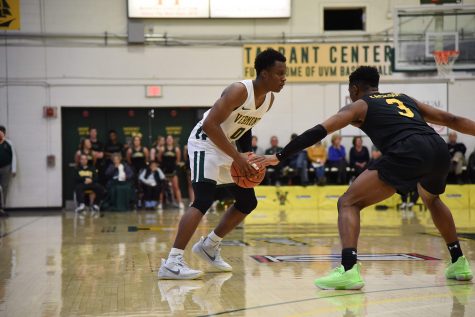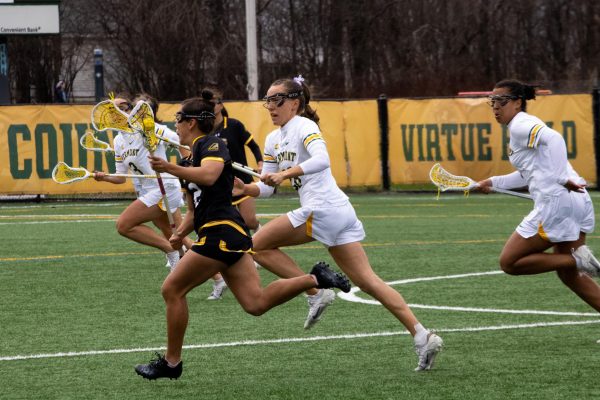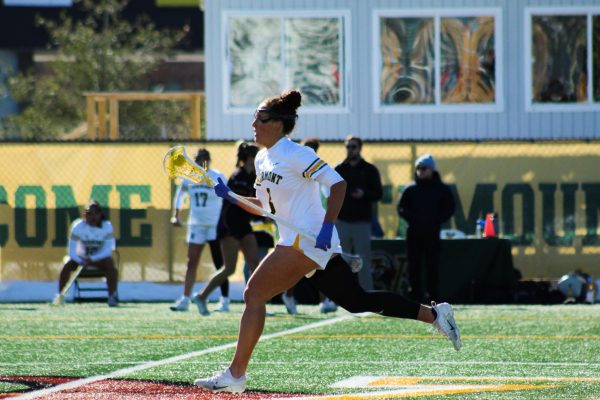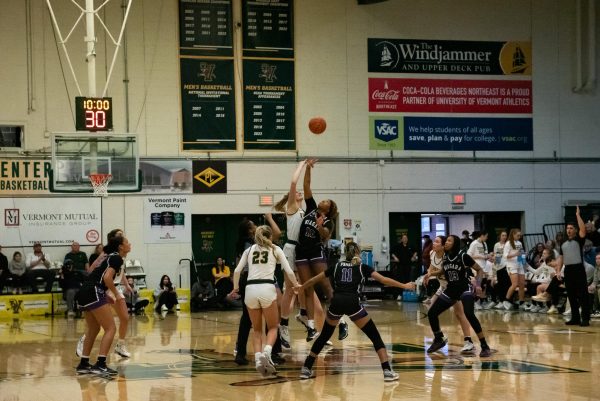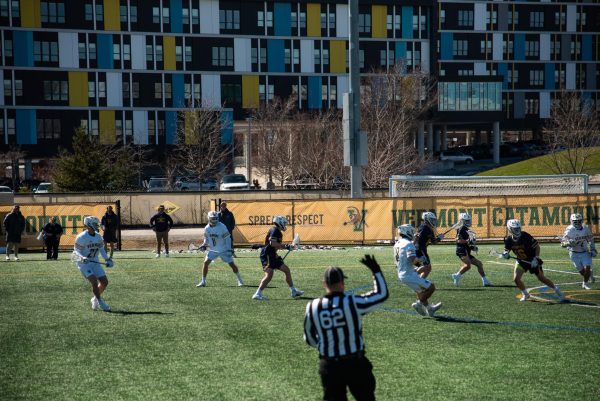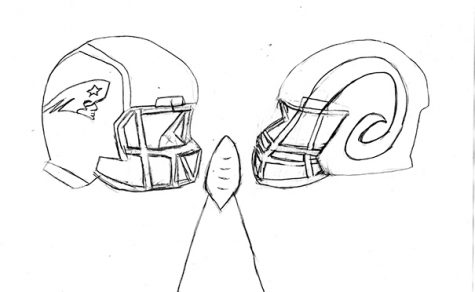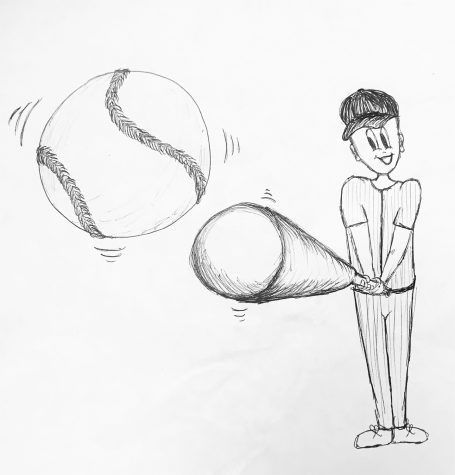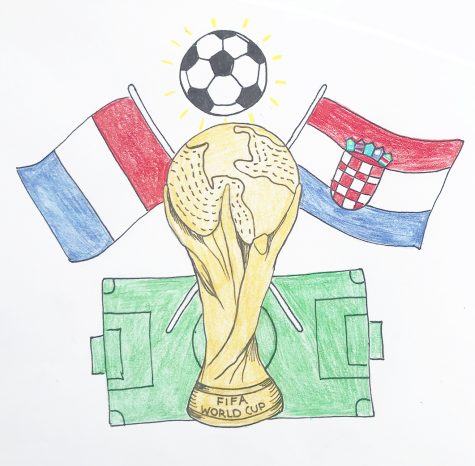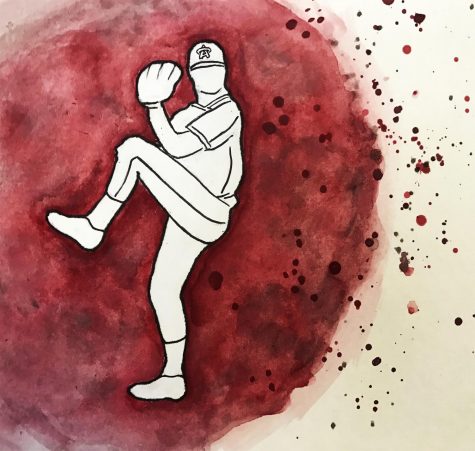Role players end Cubs’ drought
No more waiting until next year.
The Chicago Cubs defeated the Cleveland Indians in a winner-take-all game seven in the 2016 World Series, ending a 108-year championship drought for the Cubs.
The Cubs were down three-games to one in the series, but won a close game at Wrigley Field in game five, sending the series back to Cleveland for the final two games.
The final game of the series was an instant classic. The Cubs broke out of the gate to an early 5-1 lead, and looked well on their way to clinching their first World Series title since 1908 with ease.
In the fifth inning, Cubs manager Joe Maddon controversially went to the bullpen to replace Kyle Hendricks, the National League leader in earned run average on the season. Hendricks had only thrown 63 pitches in the game.
Maddon decided to bring in Jon Lester, the team’s ace starter, who promptly threw a wild pitch, and their lead was cut to 5-3.
In the sixth inning, Cubs catcher David Ross, a 39-year-old journeyman playing in his last MLB game, led off the inning with a solo home run, stretching the lead to 6-3.
The Indians tied up the game in the eighth inning on a Rajai Davis home run off of Aroldis Chapman, and it looked as if the Cubs had lost all momentum.
The game remained tied after the ninth inning, and before the extra innings could start, the game was delayed due to rain.
During the rain delay, Jason Heyward, a struggling, veteran outfielder for the Cubs, gave the team a motivational speech that many players credited as the reason they won the game.
The Cubs eventually won 8-7 in 10 innings, after a go-ahead double by World Series MVP Ben Zobrist.
The Cubs became only the fifth team in MLB history to come back from a 3-1 deficit to win the World Series.
The Cleveland Indians now hold the longest championship drought in professional baseball; their last World Series championship came in 1948.
The story of the postseason had been the dominance of relief pitchers, who were put in the game at the most critical junctures and expected to guide their teams out of trouble.
The World Series featured two of the best relief pitchers in the game, Indians’ pitcher Andrew Miller and Cubs’ pitcher Aroldis Chapman.
Both of these pitchers were nearly unhittable throughout the postseason, and pitched longer stretches on short rest. All the added use caught up to these pitchers in game seven of the World Series.
Miller gave up four hits and two earned runs in the two 1-3 innings that he pitched. He had only given up eight hits and one earned run in the previous 17 innings he pitched in the 2016 postseason.
Chapman was overused throughout the Cubs’ championship run. In normal situations, Chapman will pitch the ninth inning only.
In game five of the World Series, Chapman entered in the seventh inning, pitching two 2-3 innings and throwing 42 pitches.
By the time game seven came around, both of these star pitchers were clearly overworked, and their poor performances in the game proved it.
This shows that baseball is truly a team game. Both managers overused their star pitchers because they didn’t trust their other relievers.
But when it came down to extra innings in game seven, both teams needed to rely on their role players – the guys who weren’t trusted – to win them the game.


